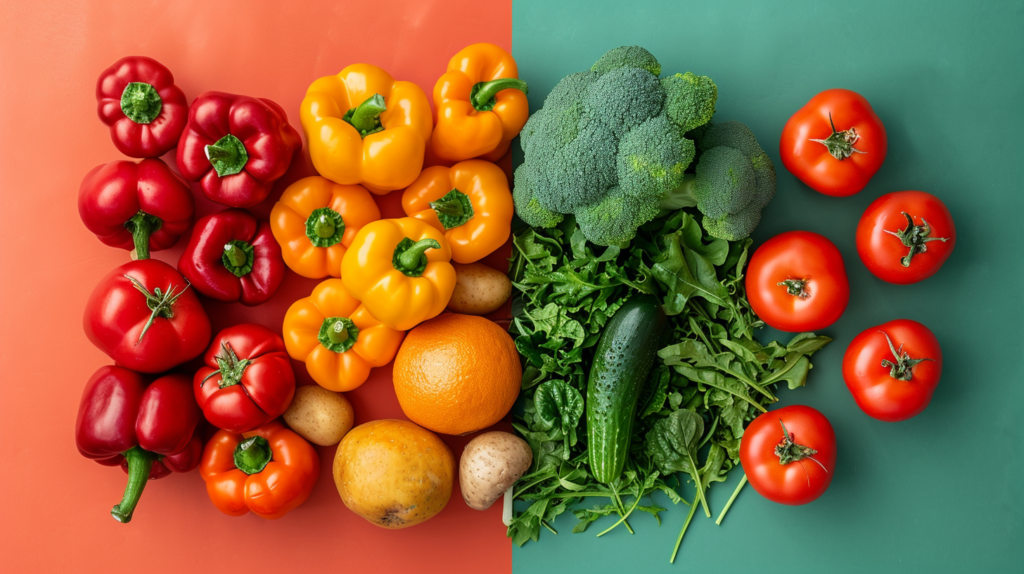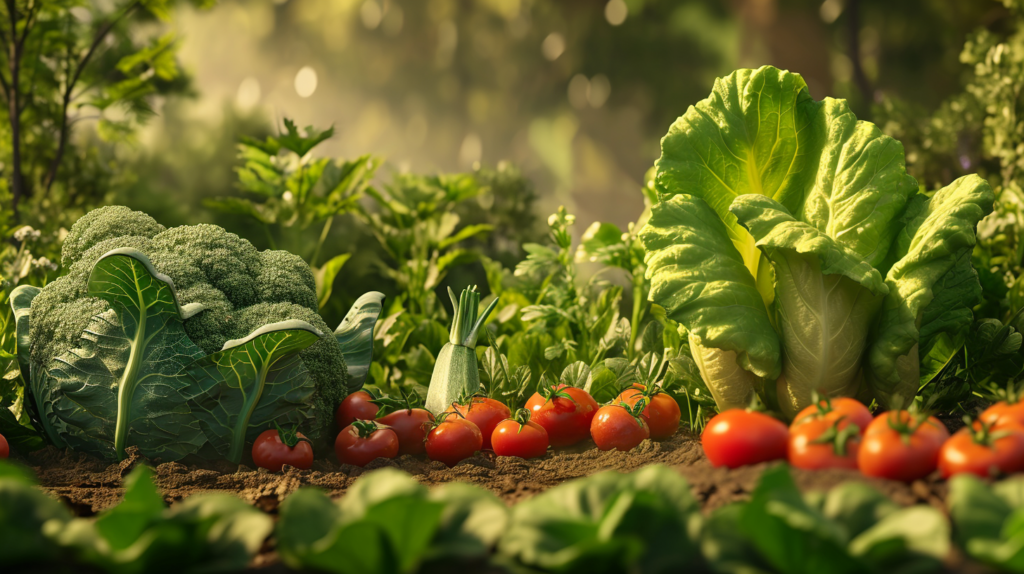In our quest for a healthier diet, we often turn to vegetables, heralded as nutrient powerhouses. However, it’s crucial to delve deeper into the nutrient challenges these plants pose. In this blog, we’ll unmask the hidden aspects of vegetables’ defense strategies and how they impact our nutritional intake. Understanding these factors is key to optimizing the benefits we derive from our diets.

1. The Double-Edged Sword of Plant Defence Mechanisms
Vegetables are more than just nutrient reservoirs; they’re living organisms with sophisticated defence mechanisms. One of these strategies involves producing lectins and other defence chemicals to deter predators, including humans. While these compounds can offer some health benefits, they also present nutrient challenges. Lectins, for example, can resist digestion and affect the gut wall, potentially leading to inflammation and nutrient absorption issues. This paradox highlights the need for careful preparation and consumption of vegetables to mitigate these adverse effects. For more in dept info about these defence mechanisms, check out our blog here.
2. The Impact of Cooking on Nutrient Bioavailability
Addressing the nutrient challenges in vegetables goes beyond mere selection; how we prepare them is equally crucial. Cooking methods like boiling can significantly reduce the concentration of defence chemicals, making nutrients more bioavailable. This process, however, must be balanced to avoid overcooking, which can lead to the loss of essential vitamins and minerals. By understanding the delicate interplay between cooking and nutrient preservation, we can harness the full potential of vegetables in our diet.


3. Organic Choices and Pesticide Concerns
The choice of organic vegetables is more than a lifestyle preference; it’s a response to the nutrient challenges posed by conventional farming practices. Pesticides, often used in non-organic farming, can add another layer of complexity to the nutrient absorption process. These chemicals can not only affect the nutrient composition of the vegetables but also pose health risks themselves. Opting for organic produce can minimise exposure to these unwanted additives, ensuring a purer, more beneficial vegetable intake.
Vegetables, a staple in our diets, present unique nutrient challenges due to their natural defence mechanisms and the impact of modern farming practices. By understanding and addressing these issues through careful selection, preparation, and opting for organic choices, we can enhance the nutritional benefits we derive from these natural food sources. Embracing these insights is a step towards aligning our diet more closely with our evolutionary needs and optimising our health.